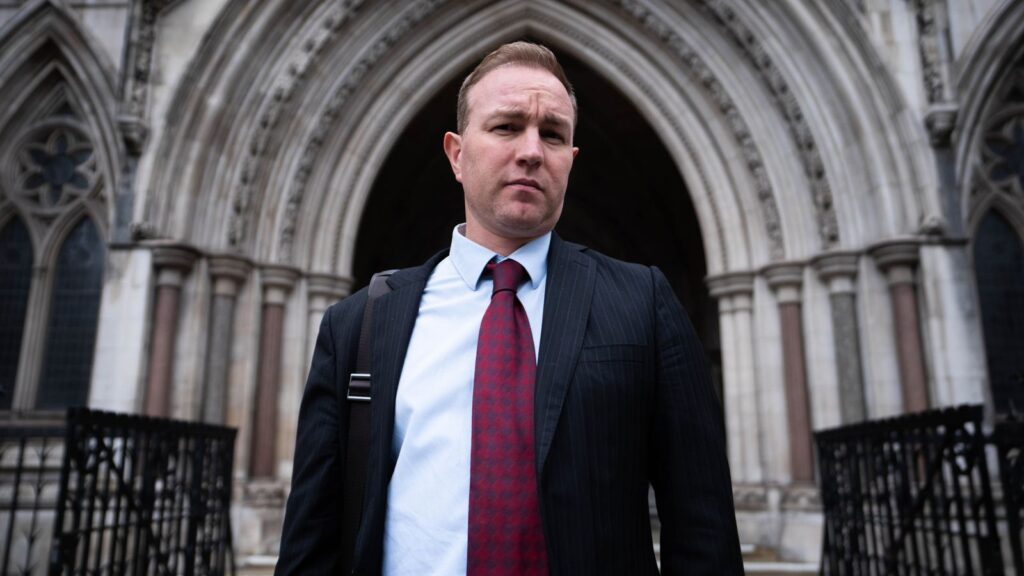Tom Hayes, a former trader at Citigroup and UBS, known for being the first person globally to face imprisonment for manipulating interest rates, encountered a setback in his legal battle.
Convicted in 2015 for conspiracy to defraud through the manipulation of the London Interbank Offered Rate (Libor), Hayes’s appeal was rejected on Wednesday, a decision he plans to contest in the UK’s Supreme Court.
Hayes, whose initial 14-year sentence was reduced to 11 years on appeal, insists his actions were within acceptable limits and common practice, sanctioned by his superiors.
Released in 2021 after serving half his sentence, he expressed his resolve to continue fighting, stating, “I’ve not fought for all of these years for nothing.”
The appeal, considered alongside Carlo Palombo, a former Barclays trader convicted for similar offenses involving Euribor, followed a pivotal U.S. court ruling in 2022.
This ruling overturned convictions of two Deutsche Bank traders, suggesting no clear prohibition against banks considering their trading positions when submitting Libor rates.
Nonetheless, the Court of Appeal in London dismissed both appeals, maintaining that incorporating commercial interests in rate submissions was illegal.
This ruling emphasizes the necessity of submitting the lowest possible borrowing rate without bias towards commercial interests, as articulated by Judge David Bean.
Both Hayes and Palombo now face a critical 14-day period to seek Supreme Court appeal permission.
The case has ignited discussions on accountability in corporate crime, with Susan Hawley of Spotlight on Corruption advocating for a prosecutorial focus on senior executives and enhanced whistleblower involvement.
Despite the transition away from Libor in 2021 following widespread scandal and heavy fines on major banks, senior executives remain largely unprosecuted, highlighting the ongoing debate over justice in the financial sector.
Adrian Darbishire, Hayes’s lawyer, previously criticized the trial’s jury instructions as misleading, suggesting a misunderstanding regarding the legality of considering commercial interests in Libor submissions.
Conversely, the Serious Fraud Office (SFO), achieving nine convictions out of nineteen prosecutions for benchmark rigging, stands by the legality of the convictions, asserting the enduring relevance and validity of these fraud cases.
